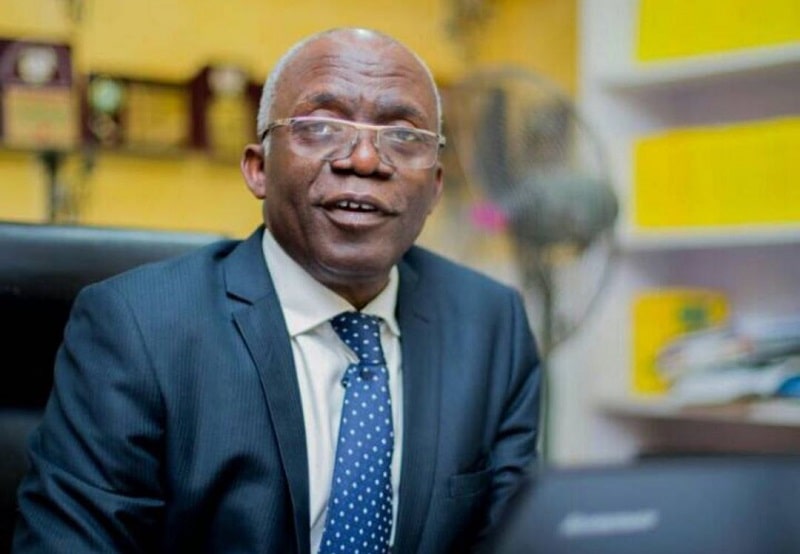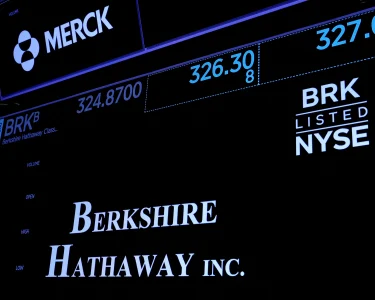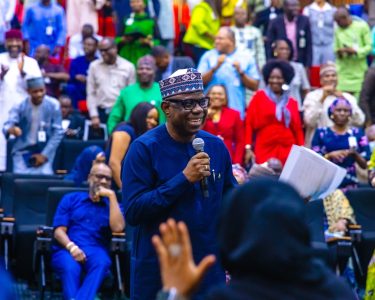NNPCL Propose to Sell Refineries
Falana opposes plan, calls sale illegal and demands probe
Summary
- Human rights lawyer Femi Falana says the NNPCL lacks legal authority to sell Nigeria’s state-owned refineries
- Alleges $2.9 billion earmarked for rehabilitation was diverted and calls for EFCC investigation
- 145 civil society groups back Falana’s position, demanding transparency and accountability
Lagos, Nigeria – Human rights lawyer and Senior Advocate of Nigeria (SAN), Femi Falana, has sharply criticised the Nigerian National Petroleum Company Limited (NNPCL) over its proposed sale of the country’s state-owned refineries in Port Harcourt, Warri, and Kaduna. In a strongly worded statement, Falana described the move as illegal, unconstitutional, and a cover-up for financial mismanagement.
Falana, who chairs the Alliance on Surviving Covid-19 and Beyond (ASCAB), argued that the refineries are public assets owned collectively by the federation, comprising the Federal Government, 36 state governments, and 774 local governments, and cannot be sold without constitutional and legal backing.
He cited Section 44(3) of the 1999 Constitution, which vests the ownership of natural resources and assets in the government on behalf of the people, noting that the NNPCL, as a limited liability company, has no authority to dispose of such assets unilaterally.
He further pointed out that the refineries are not listed for privatisation under the existing Commercialisation and Privatisation Act. Therefore, any such sale would be null and void unless the Act is amended by the National Assembly.
Referencing Section 16(2)(c) of the Constitution, which prohibits the concentration of wealth or productive resources in a few hands, he warned that the proposed sale would breach this provision.
Falana did not stop at legal arguments. He raised serious allegations regarding the misuse of public funds, stating that $2.9 billion approved in 2021 for the rehabilitation of the refineries had been fraudulently diverted. He accused the NNPCL of falsely claiming to have completed the rehabilitation and described the proposed sale as an attempt to sweep the financial irregularities under the carpet.
Citing security reports, he claimed that the refineries remain non-functional despite these enormous expenditures, which he said could total as much as $18 billion over the years.
In light of these allegations, he called on the Economic and Financial Crimes Commission (EFCC) to launch an investigation into the diversion of funds and issue ultimatums to foreign contractors who received payments for the rehabilitation to either complete the work or refund the money.
Falana also expressed concern over the NNPCL’s acquisition of a 20% stake in the Dangote Refinery. Although $2.76 billion was approved for the deal, he alleged that only 7.2% equity was actually secured, demanding clarity on what happened to the balance of the funds.
Recounting historical context, Falana reminded the public of a similar attempt in 2007 under President Olusegun Obasanjo to privatise the Port Harcourt and Kaduna refineries. That process was later reversed by President Umaru Musa Yar’Adua due to lack of transparency and allegations that Obasanjo had sidelined then Vice President Atiku Abubakar in the decision-making process.
His position has received strong backing from a coalition of 145 Civil Society Organisations (CSOs), which echoed his demand for transparency and accountability, particularly regarding the controversial $2.9 billion rehabilitation fund.
The debate surrounding the fate of the refineries continues to stir public discourse. While some experts suggest that privatisation could be viable under the Petroleum Industry Act (PIA) if carried out transparently through the National Council on Privatisation and Commercialisation (NCPC), others, including Aliko Dangote and the Manufacturers Association of Nigeria, have expressed scepticism about the viability of the refineries, citing chronic inefficiencies. They argue that the assets may be better off sold as scrap or privatised to stem further financial losses.
The government and the NNPCL are yet to formally respond to Falana’s claims.







